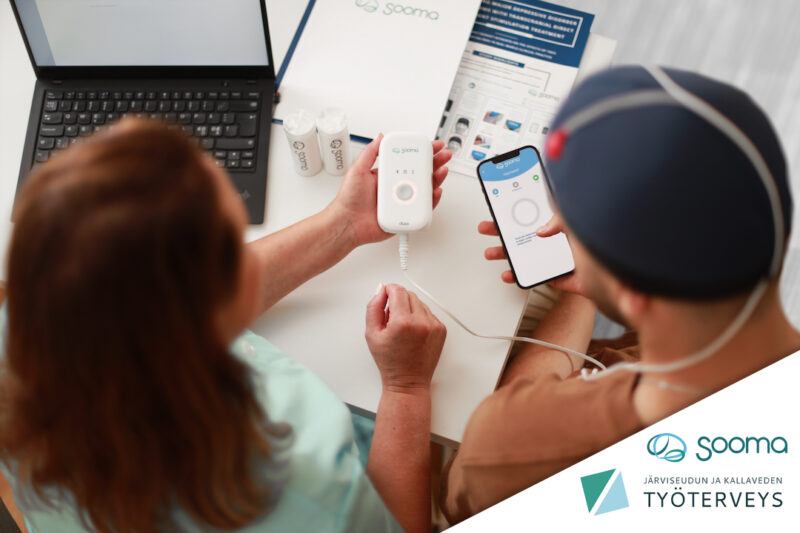Open-Label Study Highlights Efficacy of Sooma Depression Therapy for MDD Treatment
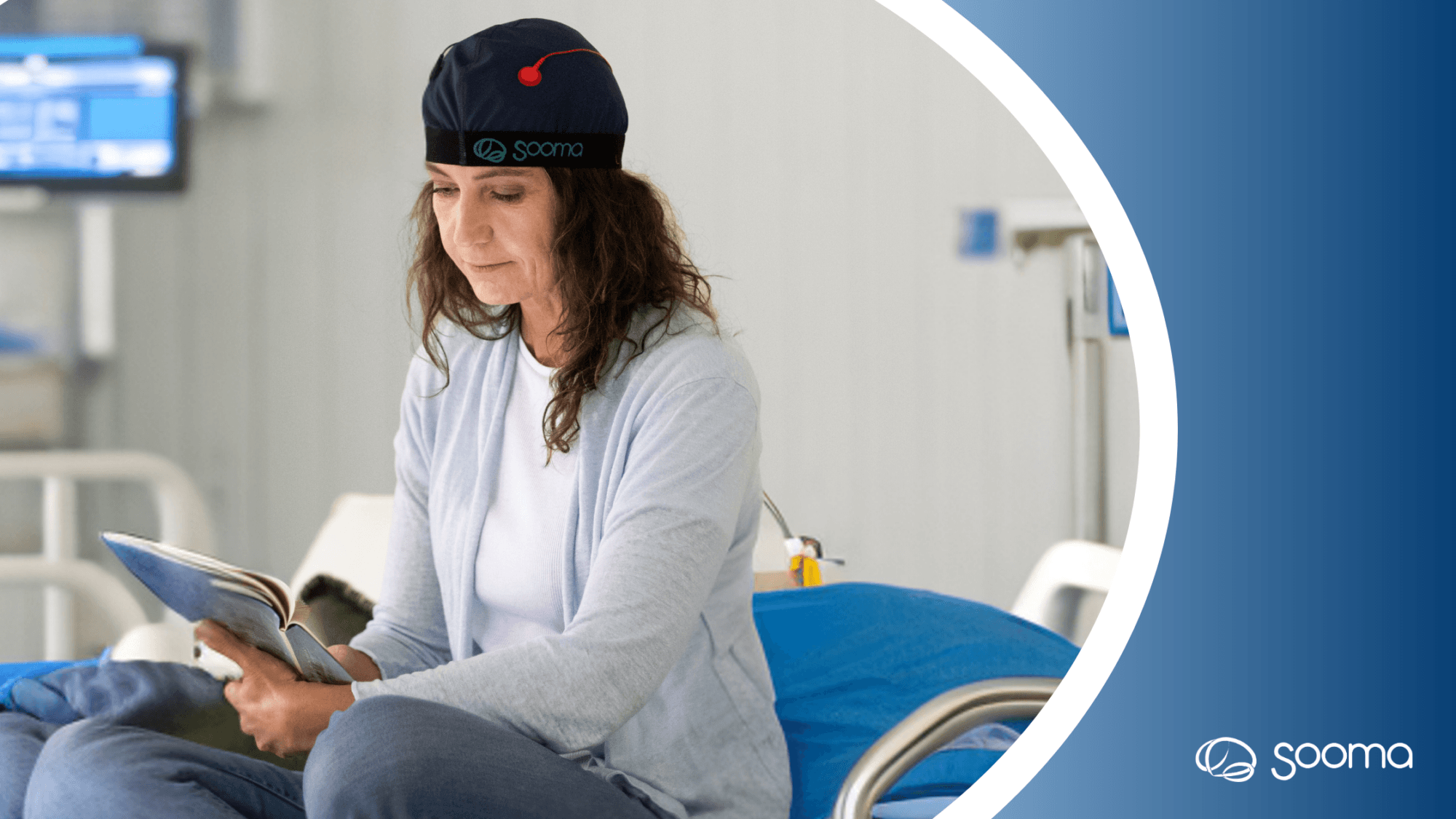
All patients included in the study benefited from the therapy, maintaining the results even one month after the end of the planned treatment sessions.
A newly published open-label study, performed at Hospital Psiquiátrico Fray Bernardino Álvarez in Mexico City, demonstrates the remarkable efficacy of Sooma Depression Therapy for the treatment of Major Depressive Disorder (MDD). The research article, published in the Journal of Global Health Neurology and Psychiatry, establishes that 100% (n=39) of the patients who were included in the study reported an improvement in their symptoms.
The patient population recruited for the study consisted of 41 individuals with a diagnosis of mild to moderate MDD and a previous history of a monotherapy SSRI treatment for the 8 weeks prior to the beginning of the study. Out of the initial population, one patient dropped due to an anxiety episode which required no further treatment, and one withdrew their consent to participate. A total of 39 patients (31 females and 8 males) were included in the report. Diagnostic tests were performed both at baseline and after the treatment following the Hamilton Depression Rating Scale (HDRS) and the Beck Depression Inventory (BDI).
The tDCS treatment was applied using Sooma tDCS equipment. A 2mA stimulus was applied to the left lateral prefrontal cortex as the anode and the right supraorbital region as the cathode. The treatment consisted of daily sessions of 30 minutes for five successive days, followed by two days of rest until a total of 15 sessions were completed. One tDCS session per month was applied as maintenance.
87% of intervened users showed improvement
All patients reported symptom improvement after the tDCS treatment. The mean initial scores versus final scores on the Hamilton Depression Rating Scale (HDRS) and the Beck Depression Inventory (BDI) were significantly reduced. The mean initial scores on the HDRS were 19.5±7.4, which decreased to 9.9±6. The mean initial scores on the BDI were 25.4±8.8, which decreased to 14.4±7.3.
When categorizing the scores, 87% of the patients included in the study showed improvement according to both the HDRS and BDI scales. The reduction of symptoms observed after three weeks of treatment was maintained one month after the conclusion of the 15 programmed sessions.
Safe and well-tolerated
The tDCS intervention did not cause adverse reactions requiring additional medication. The most frequent adverse effects reported were three cases of headache (7.6%) and two cases of redness in the stimulation area (5.1%). Pruritus in the electrode area was reported by all patients but did not require additional medication.
Effective treatment for depression, a powerful tool for clinicians
The study concluded that tDCS is an effective therapeutic option for reducing depressive symptoms as an adjunct to antidepressant treatment. The findings suggest that the treatment can provide additional improvement in symptoms even in patients already receiving continuous pharmacological treatment for more than eight weeks.
With the growing body of evidence supporting the efficacy of tDCS, it is crucial for healthcare professionals, researchers, and policymakers to collaborate in further exploring its benefits. Continuously investing in research, refining protocols, and expanding accessibility can provide another much-needed tool to clinicians in alleviating the suffering of patients in need.
About Sooma:
Established in 2013, Sooma Oy is a Finnish medical device company and the market leader in Transcranial Direct Current Stimulation (tDCS) in clinical use. Sooma therapies are offered by over 150 medical centres across 35 countries, with over 15,000 patients treated.
TDCS is the treatment method offered by Sooma for depression (Sooma Depression Therapy, indicated for Major Depressive Disorder) and chronic pain (Sooma Pain Therapy, indicated for Fibromyalgia and chronic neuropathic pain). By using Sooma devices, you ensure that you are performing a safe and effective patient treatment, should it be in the hospital or at patients’ homes, with legal, regulated, tested, and effective equipment that complies with the latest EU regulations and features all the recommended elements listed on this article.
Latest news
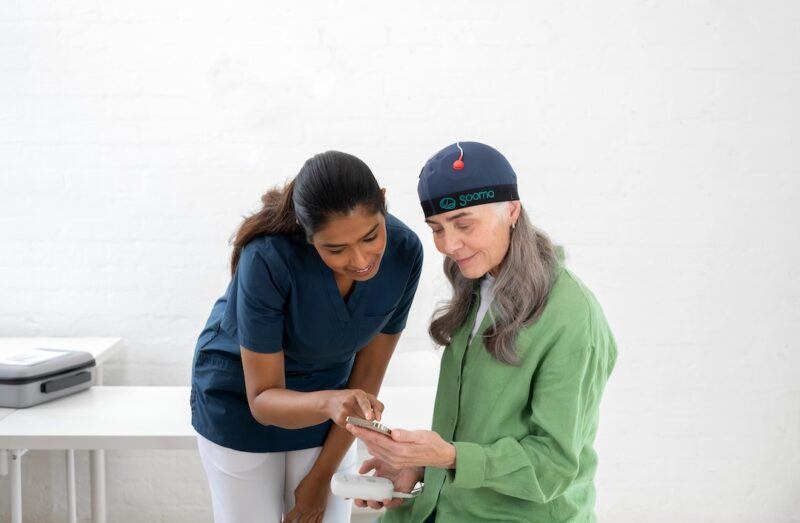
TGA approves Sooma’s at-home brain stimulation for depression in Australia
Read more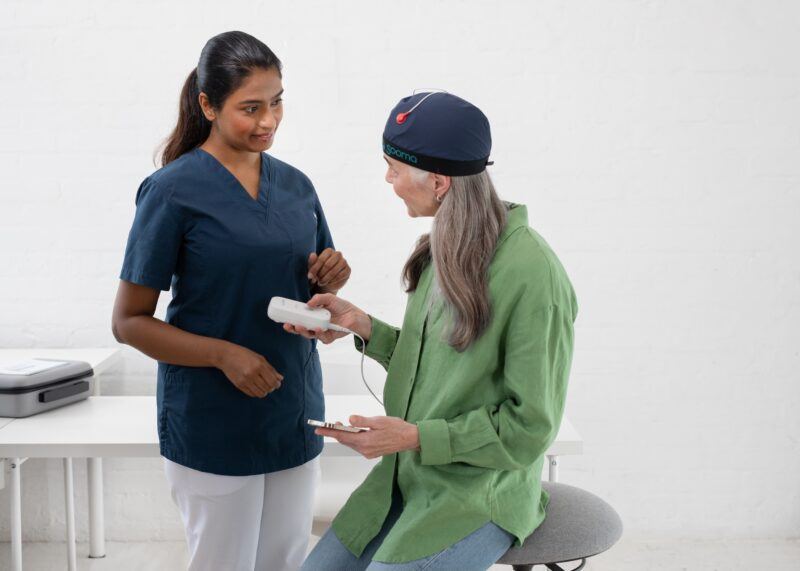
Sooma Medical Announces Pivotal FDA IDE Clinical Trial for At-Home Brain Stimulation Device for Depression Treatment
Read more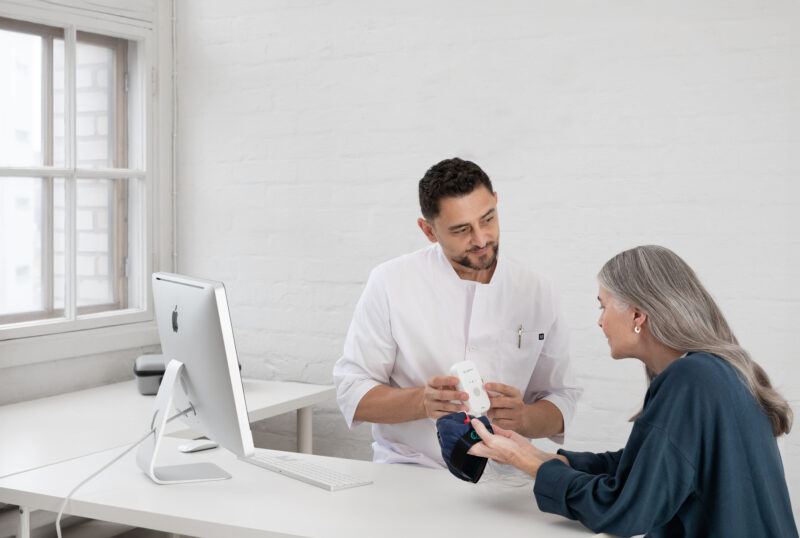
Sooma Pioneers the Integration of Brain Stimulation into Primary Care, Improving Access to Early-Stage Depression Treatment
Read more